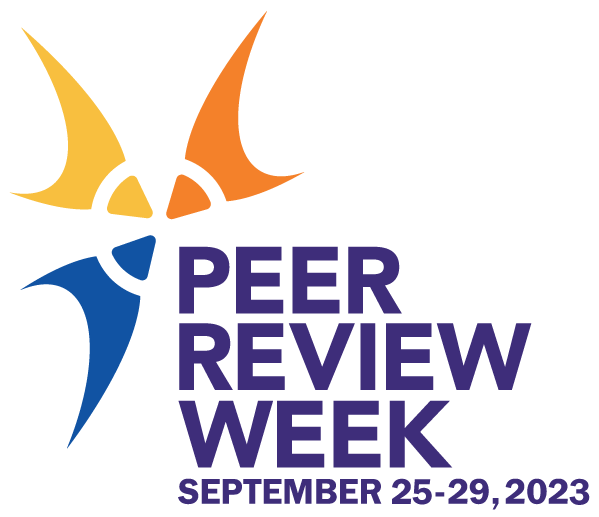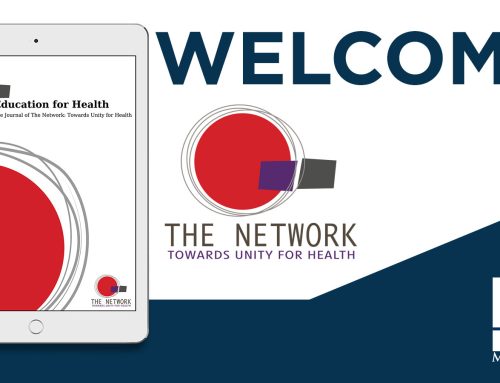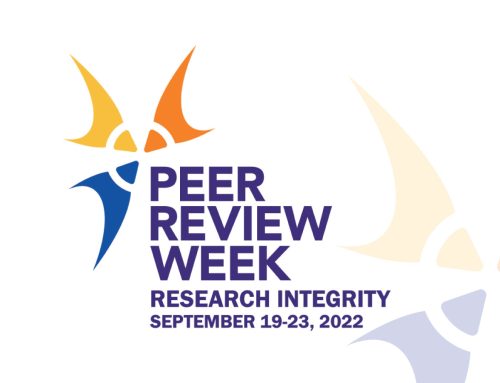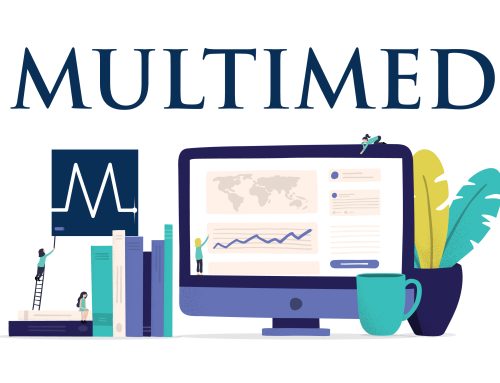It’s the first day of Peer Review Week 2023, focusing on “The Future of Publishing”. Peer Review Week is a yearly global event celebrating the essential role that peer review plays in maintaining quality publications. The event brings together individuals, institutions, and organizations committed to sharing the central message that good peer review is critical to scholarly communications.
Multimed has always been at the forefront of technological advances in publishing and this years’ theme seems particularly fitting for us. As early adopters of digital and Open Access publication, we have watched as technology has changed the face of publication over the last thirty years.
And the last few years have been no different: as technology continues to reshape the world, the future of publishing is also undergoing another transformation. We have seen a wider variety of journals embrace the Open Access model, the establishment of “big data” and most recently the rise of Artificial Intelligence. And, as we step further into the digital age, peer review is also seeing the impact of these changes. In this post, we’ll dive into why peer review is crucial, where it falters, and how technology is playing a role in shaping its future.
Why Peer Review Matters
In the world of academic and scientific research, peer review remains our most powerful tool. It is designed to ensure that the research is of high quality, accurate, and contributes meaningfully to the existing body of knowledge. In short, Peer review provides:
- Quality Control: Peer review helps prevent the publication of erroneous, misleading, or poorly conducted research, maintaining the credibility of scientific literature.
- Feedback and Improvement: Peer reviewers provide valuable feedback to authors, helping them refine their work and address any methodological or conceptual shortcomings.
- Knowledge Advancement: Rigorous peer-reviewed research contributes to the accumulation of accurate and reliable information, fostering progress in various fields.
Where Peer Review Stumbles
Despite its importance, the traditional peer review process is not without its flaws. Some of the challenges include:
- Publication Bias: Journals often prefer to publish positive and ground-breaking results, leading to the underrepresentation of negative or null findings.
- Slow Publication Timeline: Peer review can be a time-consuming process, delaying the dissemination of new knowledge.
- Reviewer Bias: Reviewers’ personal biases or conflicts of interest can impact the fairness and objectivity of the review process.
The Shape of Things to Come
As technology continues to reshape the world, the future of publishing is also undergoing transformation. Along with the trends we have seen in the larger publishing landscape, tools and systems are emerging that have the potential to greatly impact the peer review process and the way research is shared:
- Open Access and Open Science: Multimed has long been a proponent of Open Access and embraced Open Journal Systems and online publication as early as 2003. And, we have encouraged our journals to support the emergence of Open Science systems (the sharing of data in online repositories open to all) as well.
- Preprints and Quick Shares: Preprints (early versions of research papers) can be shared with the world before the slow peer review dance starts. This means quicker sharing of knowledge and more feedback.
- Continuous Review: Some journals are experimenting with continuous review. Instead of waiting for one big verdict, researchers get feedback from the community in real-time.
- Tech’s Helping Hand: Journal submission sites can be equipped with AI tools that spot potential issues in research submissions. This can speed up the initial review phase, although it’s not without ethical concerns: Learning data sets and algorithms can contain systemic bias, and the technology is still in its infancy.
- Blockchain for Integrity: Blockchain, the same tech behind cryptocurrencies, can secure the peer review process. It’s like an unbreakable seal that ensures the process is fair and transparent.
While traditional peer review isn’t going anywhere, it’s evolving. The future of publishing might involve a mix of old and new, but it’s all aimed at making knowledge sharing quicker, fairer, and more accessible. As we move forward, researchers, publishers, and all those invested in the world of academia should actively participate in this transformation, shaping a future where peer review continues to be the guardian of quality while embracing the possibilities that technology offers. It’s a journey towards a brighter, smarter future for knowledge advancement.





